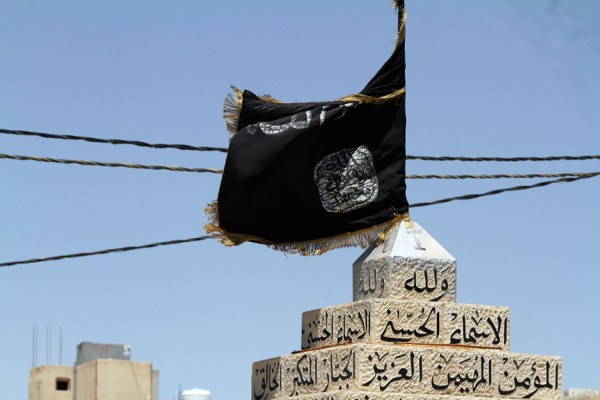In a security sweep last week, Jordanian authorities arrested 40 suspected members of the Islamic State, also known as the Islamic State of Iraq and Syria (ISIS), and the al-Qaida-affiliated Jabhat al-Nusra, or the Nusra Front. The crackdown came as U.S. President Barack Obama called for a regional coalition in the fight against the Islamic State. In any such coalition, the Obama administration would rely on Jordan, a small but crucial Middle East partner, for intelligence and surveillance help in Syria.
Jordan is treading lightly, balancing its support of U.S. security policy with the threat of homegrown Islamist militancy and an overstretched economy reliant on foreign aid and hosting over 600,000 Syrian refugees. For Jordan’s King Abdullah II, the threat of the Islamic State is hardly new. After all, the group’s origins lie with the Jordanian jihadist Abu Musab al-Zarqawi, who formed al-Qaida in Iraq during the U.S. occupation there and claimed responsibility for the deadly bombings of three Amman hotels in 2005.
“They’ve already seen this threat because of Zarqawi,” says Joshua Landis, the director of the Center for Middle East Studies at the University of Oklahoma. “And they’re going to have similar blowback potentially from ISIS. Of course, ISIS today is concentrating on building a state in Iraq and Syria. But if it feels like it can’t do it—if America is successful in destabilizing it—then it’s going to change its spots, one would assume, and you’re going to see a lot of disgruntled, angry fighters going back and trying to destabilize their home governments.”

